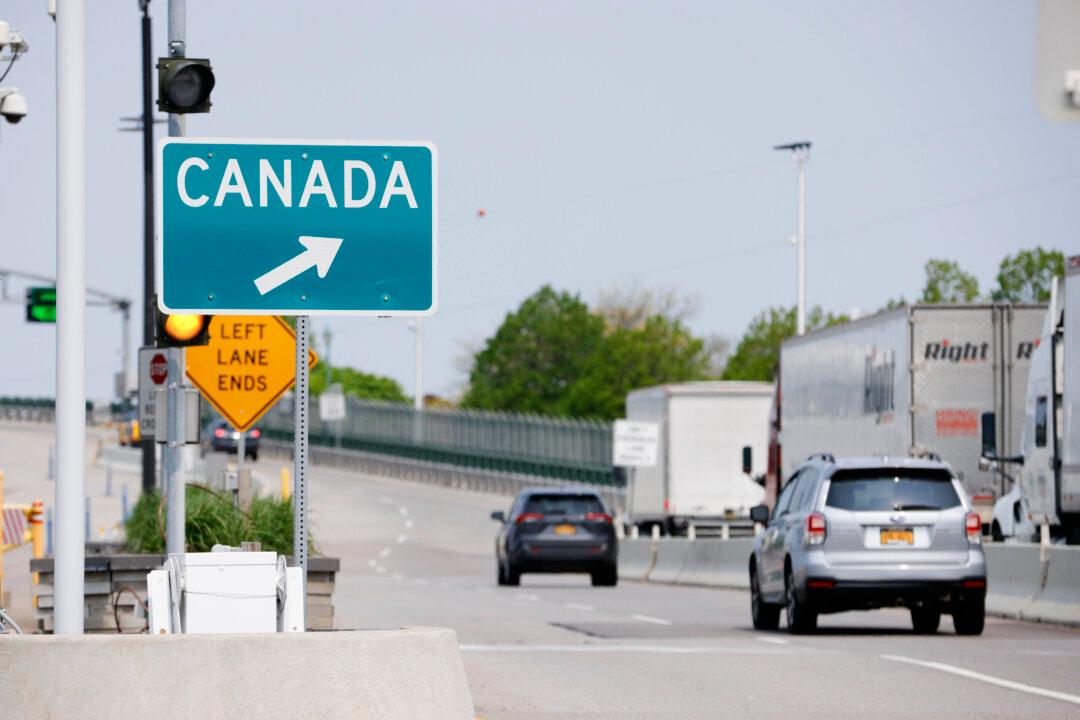Ontario is launching an initiative to bolster border security with the United States as the country faces tariff threats from the incoming U.S. administration.
Dubbed Operation Deterrence, the program targets illegal border crossings and the trafficking of drugs and firearms. Premier Doug Ford described the program as the province’s contribution to addressing cross-border illegal activity, an issue that has been brought to the fore since incoming U.S. President Donald Trump vowed last year to slap tariffs on all Canadian goods if Ottawa doesn’t beef up security.





